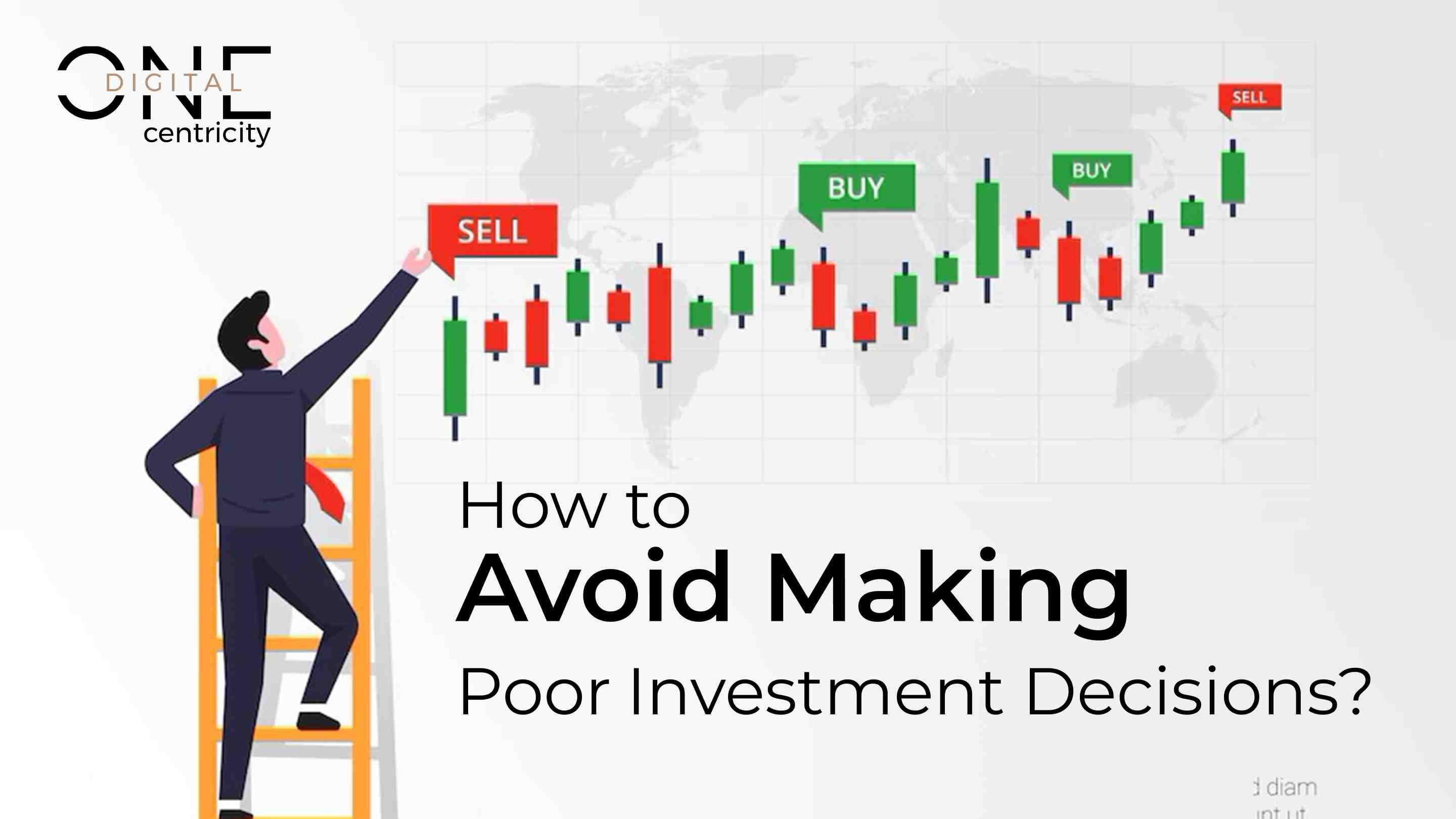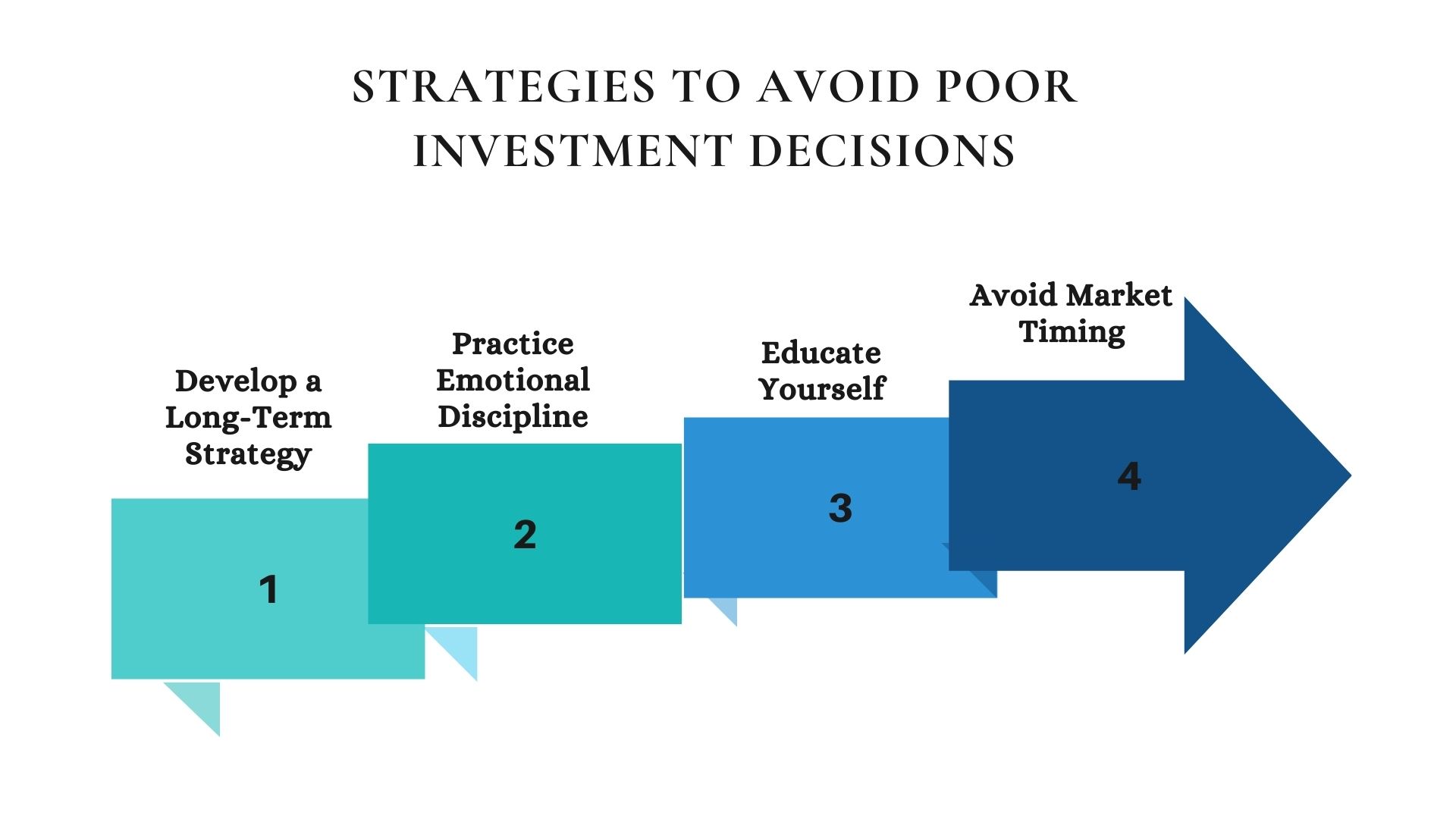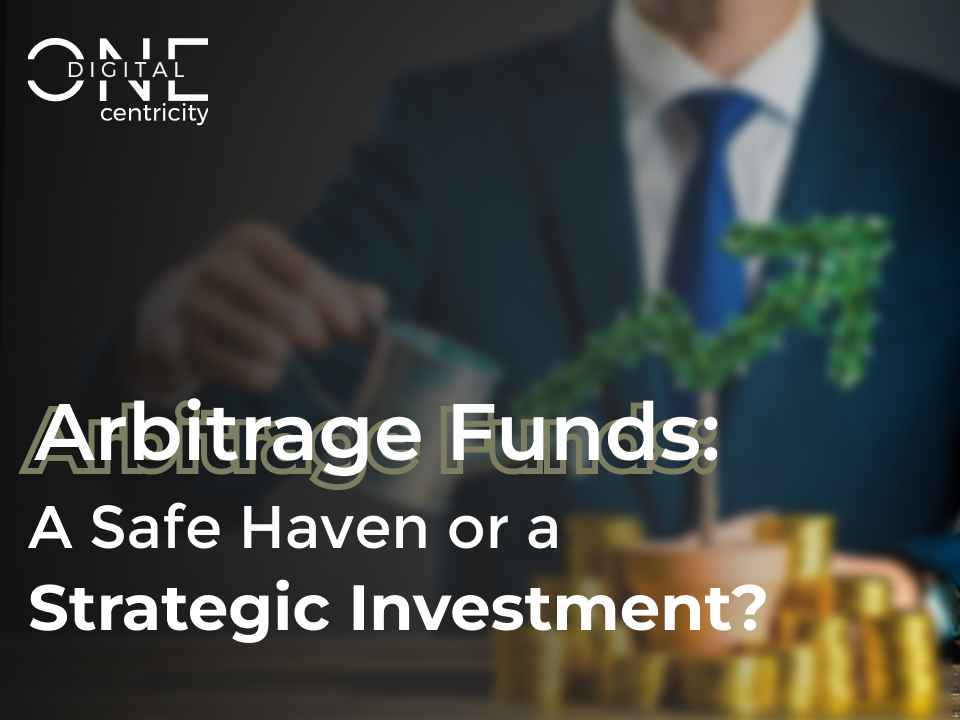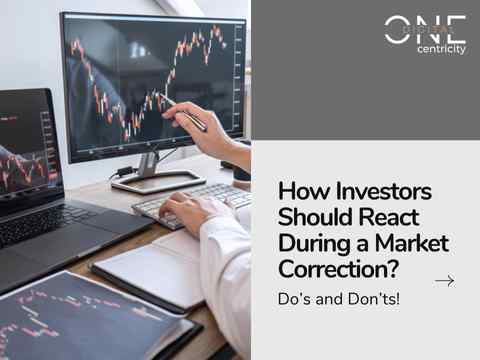How to Avoid Making Poor Investment Decisions?
16th August 2024 | Author : Centricity

Investing is a crucial part of building wealth, yet many individuals make decisions that lead to poor outcomes. Understanding the psychological and behavioural factors behind these mistakes is key to avoiding them and making smarter investment choices. It is important to be realistic with your expectations and aware of your biases.
Seeking independent advice and doing your research are also key. Finally, it is important to be prepared to take risks and to stay focused on the long term.
The Psychology Behind Poor Investment Decisions!
➔ Emotional Decision-Making
◆ Fear and Greed: These are the two dominant emotions that drive poor investment decisions. Fear can lead to panic selling during market downturns, while greed can cause investors to chase after high-risk investments during market booms.
◆ Loss Aversion: People are more likely to fear losses than gain. This can result in holding onto losing investments for too long in the hope of a turnaround or selling winning investments too early to “lock in” gains.
➔ Herd Mentality
◆ Following the Crowd: Many investors make decisions based on what others are doing rather than their research. This herd mentality can lead to buying overpriced assets during bubbles or selling during a panic, both of which can lead to significant losses.
➔ Overconfidence
◆ Misjudging One’s Abilities: Overconfidence in one’s ability to pick winning investments or time in the market can lead to taking on excessive risk. This often results in poor investment performance as market movements are unpredictable and complex.
➔ Lack of Research and Understanding
◆ Blind Investing: Investing in something without fully understanding it, whether it’s a stock, bond, or cryptocurrency, increases the risk of losses. Many people invest based on tips or trends without doing the necessary research to understand the underlying asset or its market.
Strategies to Avoid Poor Investment Decisions

➔ Develop a Long-Term Strategy
◆ Set Clear Goals: Define your financial goals and develop a long-term investment plan that aligns with them. This helps to reduce the influence of short-term market fluctuations on your decision-making.
◆ Diversify Your Portfolio: Invest in various asset classes (stocks, bonds, real estate, etc.) to reduce risk. When an investment performs poorly, diversification helps to cushion the impact.
➔ Practice Emotional Discipline
◆ Avoid Impulsive Decisions: Stick to your investment strategy even when the market is volatile. Making decisions based on emotion often leads to buying high and selling low.
◆ Regularly Review and Rebalance: Periodically review your investment portfolio and make adjustments as needed to maintain your desired asset allocation. Rebalancing helps to ensure that your portfolio remains aligned with your risk tolerance and financial goals.
➔ Educate Yourself
◆ Stay Informed: Continuously educate yourself about the markets and different investment options. Understanding what you’re investing in can help you make more informed decisions.
◆ Consult with Experts: If you’re unsure about an investment, consider seeking advice from a financial advisor. An expert can provide guidance based on your financial situation and goals.
➔ Avoid Market Timing
◆ Stick to a Schedule: Rather than trying to time the market, consider a strategy like dollar-cost averaging, where you invest a fixed amount regularly. This reduces the impact of market volatility and removes the emotional element from investing.
Poor investment decisions are often the result of emotional biases, lack of knowledge, and following the crowd. By understanding these pitfalls and implementing strategies such as developing a long-term plan, maintaining emotional discipline, and staying informed, you can make better investment choices.
Remember, successful investing is not about getting rich quickly but building wealth steadily over time.

Arbitrage Funds: A Safe Haven or a Strategic Investment?
26th December 2024


Why Index Funds Are Gaining Popularity in India?
5th September 2024



